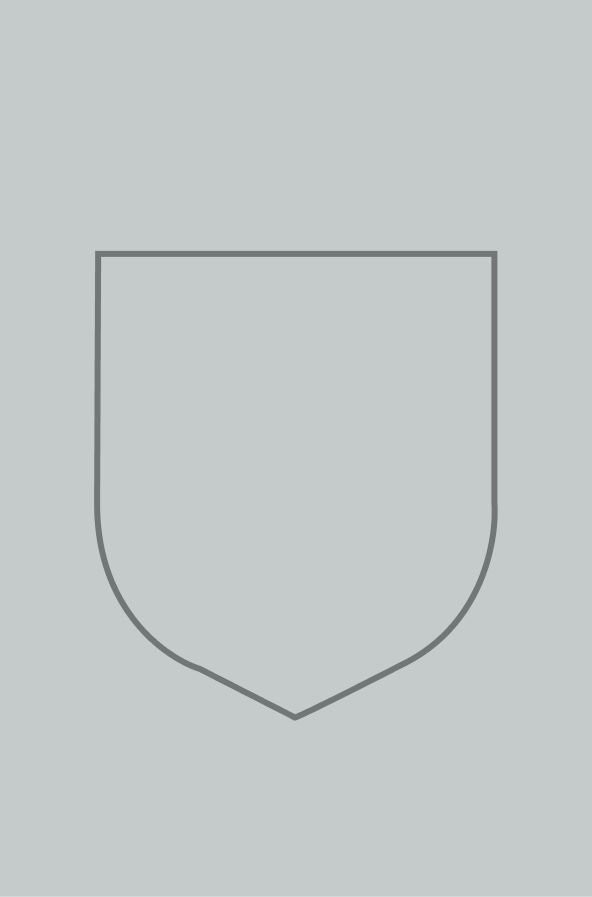A First Course in Computational Fluid Dynamics
Fluid mechanics is a branch of classical physics that has a rich tradition in applied mathematics and numerical methods. It is at work virtually everywhere, from nature to technology. This broad and fundamental coverage of computational fluid dynamics (CFD) begins with a presentation of basic numerical methods and flows into a rigorous introduction to the subject. A heavy emphasis is placed on the exploration of fluid mechanical physics through CFD, making this book an ideal text for any new course that simultaneously covers intermediate fluid mechanics and computation. Ample examples, problems and computer exercises are provided to allow students to test their understanding of a variety of numerical methods for solving flow physics problems, including the point-vortex method, numerical methods for hydrodynamic stability analysis, spectral methods and traditional CFD topics.
- A fully integrated approach to numerical methods, fluid mechanics and introductory computational fluid dynamics (CFD)
- Begins with basic concepts in numerical methods and builds its way up to full-fledged CFD
- Provides a broader view of CFD which is not limited to numerical methods for solving three-dimensional time-dependent flows in complex domains
Reviews & endorsements
'The strength of this book lies in its emphasis on a complete presentation of the underlying theories followed by clear steps and concise formulation applied to a plethora of problems, which include basic numerical schemes such as Euler and Runge-Kutta methods and relatively advanced schemes such as the pseudo-spectral method, spectral methods with body fitted grids, and the immersed boundary method … These attributes make it highly attractive as a technical elective for engineering upperclassmen (following an introductory course in fluid mechanics) and forgraduate students, including those studying applied mathematics. Recommended.' R. N. Laoulache, Choice
Product details
October 2017Paperback
9781316630969
404 pages
247 × 175 × 19 mm
0.81kg
64 b/w illus. 6 colour illus. 9 tables 135 exercises
Available



